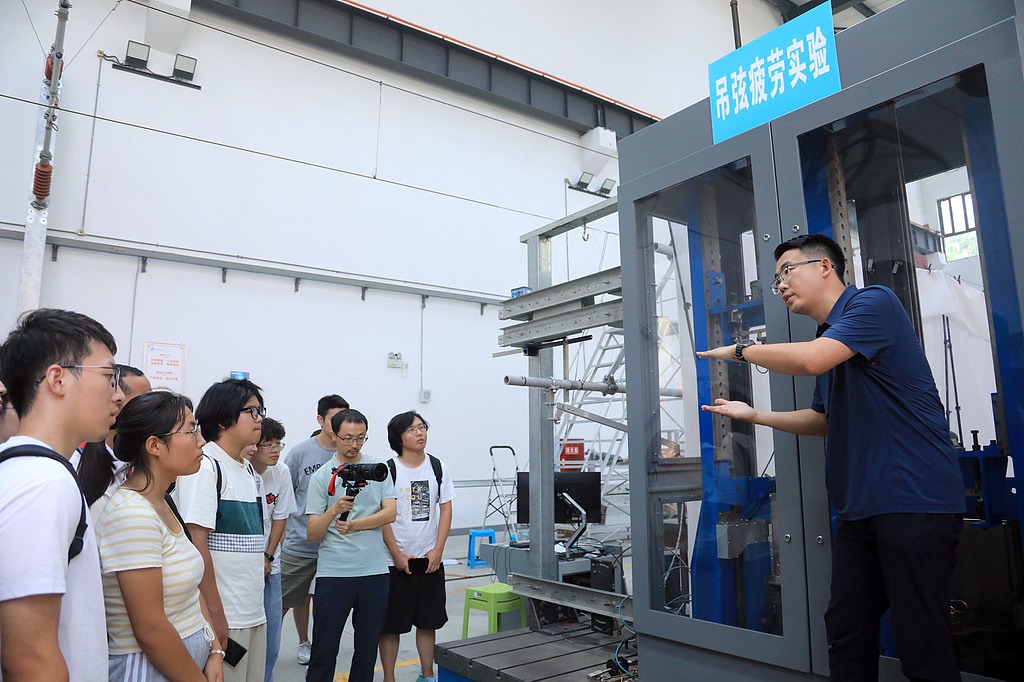While intelligent digital transformation radically reshaped higher education on the global scale, universities must strengthen the skills of students in critical thinking, creativity and ethical judgment to exploit technological opportunities while responding to risks, university presidents, teachers and academics declared on a forum on Sunday.
They made these remarks to the Global University Presidents forum held at Southwestern University of Finance and Economics in Chengdu, Sichuan province.
The forum, which is part of the university's 100th anniversary celebrations, attracted presidents of more than 100 home universities and abroad. More than 30 experts have delivered discourse on subjects such as intelligent digital transformation, innovation in global higher education and the culture of talents.
Philip H. Dybvig, professor at the University of Washington in St. Louis and winner of the Nobel Prize in 2022, said that reacting to AI is a challenge for universities at the moment, and it is a good example for which students must acquire both knowledge and critical thinking.
Dybvig said: “Models of large languages such as Chatgpt and Deepseek facilitate a lot of tasks. However, to use the LLMS most effectively, it will be essential to have knowledge of programming in general and knowledge of their functioning in particular.”
He stressed that it will also be essential to use critical thinking to anticipate, identify and correct problems. “The LLM do not have a moral filter and this must be provided by our students,” he added.
Mary Gorman, vice-president of registration management and strategic academic initiatives at Baruch College in the University of New York, said that universities must prepare their students for a world that changes quickly, but also more and more depends on AI-oriented technologies.
“To really prepare our students in the digital age, we must weave AI in the fabric of our academic programs,” said Gorman, adding that the integration of AI into higher education must be guided by a solid ethical base.
“We have to teach students to assess critically when and how to use AI and, above all, when not using it,” she said.
To prepare students for workplace expectations, Gorman suggested that universities adopt a progressive approach to the integration of AI.
“At the start of their academic journey, students should focus on fundamental skills-critical thinking, quantitative reasoning and ethical analysis,” she said. “Once these skills have been solidified, we can introduce AI as a tool for problem solving and innovation.”
Li Yongqiang, president of the Southwestern University of Finance and Economics, stressed that universities must adapt to the rapid evolution of intelligent sciences and technology by optimizing the structures of academic discipline.
“We must put more emphasis on the cultivation of the literacy of AI, in -depth learning capacities and adaptability and creativity oriented towards the future,” said Li, adding that universities should accelerate the development of digital infrastructure centered on data, computer power, disciplinary IA models and intelligent services.
Universities must also be ready for the impact of intelligent digital transformation in the fields, including knowledge innovation, social interactions and institutional governance, he said.
